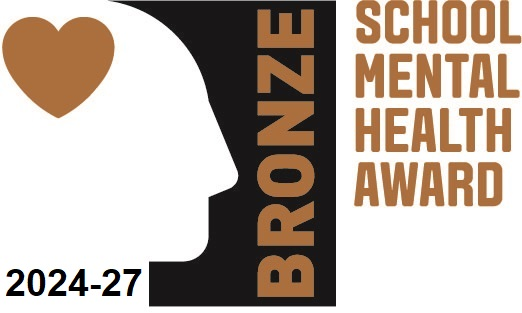The Behaviour Curriculum
It is also our view that even with excellent academic learning and an understanding of society and a plan for their place in it, unless children understand how to behave impressively and appropriately they will be disadvantaged. For this reason we consider the teaching of behaviour to be just as significant as academic learning and readiness.
There are four main qualities that we aim to model to and elicit from children in how we and they behave.
- Kindness
- Purpose
- Responsibility
- Formality
KINDNESS is significant because, in keeping with the school values of nurture and collaboration, we want children to understand that thinking of others is more likely to make for a better surrounding environment and for everyone of us to feel considered, safe, valued and happy. We want children to understand that thinking of others and treating them as they wish to be treated will not only mean that people are impressed by them, but - more importantly - will make for a better society.
PURPOSE is key to being both successful and impressive. Behaving in a way that is focused on the task at hand, uses time efficiently and makes achieving the best possible are the habits that will over time make for greater progress and make someone more likely to be valued when collaborating with others. We also believe that feeling in control of a situation and having an explicit understanding of what is happening and why will make children far more likely to invest in their own choices.
RESPONSIBILTY is required both to face challenges, learn from mistakes and understand that one’s actions have an impact on others. It is hugely important to be able to accept what is expected of by others in a situation, or what is necessary to be able to achieve one’s aims. Also, unless children are committed to those around them and understand their role in a group they will both likely be less successful and less likely to build positive relationships.
FORMALITY is not an end unto itself, nor necessarily a virtue, but understanding how to impress and behave appropriately is fundamental to both showing respect for one another and not prejudicing people against us. It also helps us to create a space where everyone is on equal terms and is not excluded by culture, language, friendship or wealth.
The behaviour curriculum is taught by assuming two things
- Almost all children want to do what is expected of them and what is often considered poor behaviour from children is often due to a lack of high expectations, clarity, consistency and respect in adult behaviour.
- If high expectations, clarity, consistency and respect exist, what remains as ‘poor behaviour’ is often rooted either in the way a child has been socialised or previous experience of relationships with adults in their life. They therefore they need our support in learning how to change that.
Kindness is listed first as it is hugely important that this is modelled in order to ensure that we have positive relationships across the school. A lack of kindness is a barrier to trust and undercuts attempts to teach the other characteristics. However, kindness cannot undercut the other three priorities or certainty of sanction otherwise it creates the indirect cruelty of inconsistency between the children. The kindest thing a teacher can do is be consistent as it creates certainty and safety.
As a result, the way the behaviour curriculum is delivered focuses on the principles that it is better to narrate the positive first and keep sanction private as much as possible, but that the certainty of a sanction for the same things from all teachers matters far more than the severity of the sanction itself.
We believe that if the curriculum is delivered according to these principles and in this way, sanctions are less necessary, the school community will have positive relationships and any children who are struggling to respond appropriately are truly in need of help.
To find out in more detail about how we implement the Behaviour Curriculum click here
If children are struggling, the school has a behaviour for learning team who work closely with children who persistently make mistakes or make major mistakes, but the expectation is that over time children will learn the expectations and support becomes less and less necessary.








